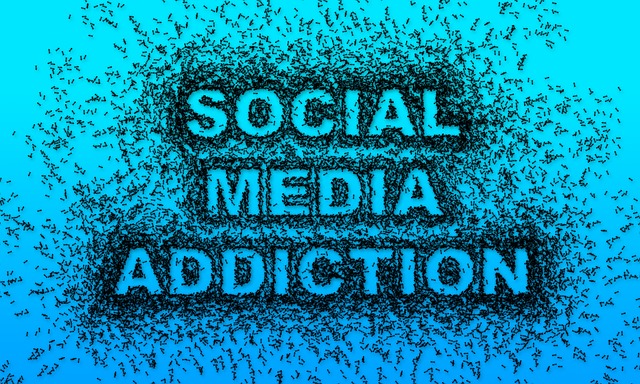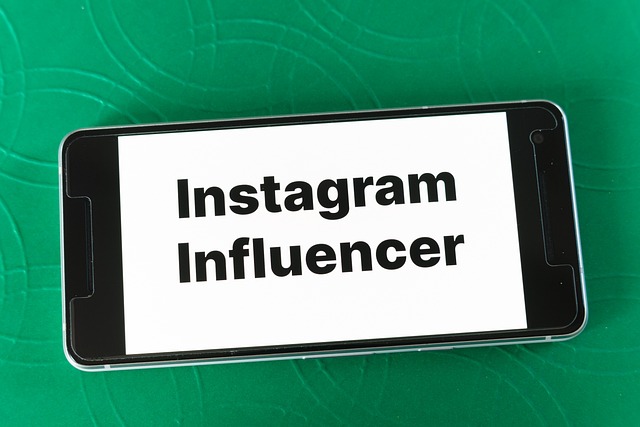The Influencer Dilemma: Ethics and Responsibility in Social Media
In today’s digital landscape, the role of influencers has evolved beyond simply sharing lifestyle content; they have become powerful figures in shaping opinions, trends, and even social movements. However, with great influence comes great responsibility, and the question of influencers and ethics has never been more pressing.
Social media impacts our lives in ways we often overlook. It not only alters how we communicate but also how we perceive ourselves and the world around us. In a few swift scrolls, we can be influenced by an array of voices, each vying for our attention with carefully curated content. This creates an environment ripe for the spread of misinformation and unrealistic standards, which can have profound effects on mental health and self-esteem.
As followers, we often see influencers as friends, mentors, or lifestyle guides, leading us to trust them implicitly. This trust can be a double-edged sword. While many influencers aim to use their platforms responsibly, promoting products or lifestyles they truly believe in, the lines can blur when monetary gain is involved. It raises pertinent ethical questions: Are they endorsing products because they believe in their value or simply to cash in on payment? How can followers discern authenticity in a world dominated by filters and curated realities?
The challenge lies in the influencer’s ability to balance personal branding with a commitment to ethical standards. An influencer who engages in ethical practices by sharing transparent reviews and disclosing sponsorships can foster genuine relationships with their audience. However, those who prioritize profit over honesty can erode trust, leading to skepticism and disillusionment among followers.
This dilemma highlights the importance of ethical decision-making in the influencer sphere. As social media continues to evolve, influencers must recognize their potential to impact lives significantly. This does not only mean promoting healthy lifestyles but also engaging in conversations about mental health, body positivity, and social issues. By stepping into this role with integrity, influencers can pave the path for a more accountable and informed digital community.
In a world where one click can change a life, it’s vital for influencers to remember the weight of their words and endorsements. The ethical responsibility involved in their influence is not just a personal choice; it can lead to broader social implications. As influencers navigate this complex landscape, they can either choose to be transparent advocates or perpetuate the cycle of misinformation and superficiality.
Ultimately, the conversation about influencers and ethics is not just for the influencers themselves but for the audience as well. As consumers, we must cultivate critical thinking skills to assess the content we engage with. By challenging the status quo and demanding ethical standards, we can all play a part in shaping a more responsible social media sphere.




